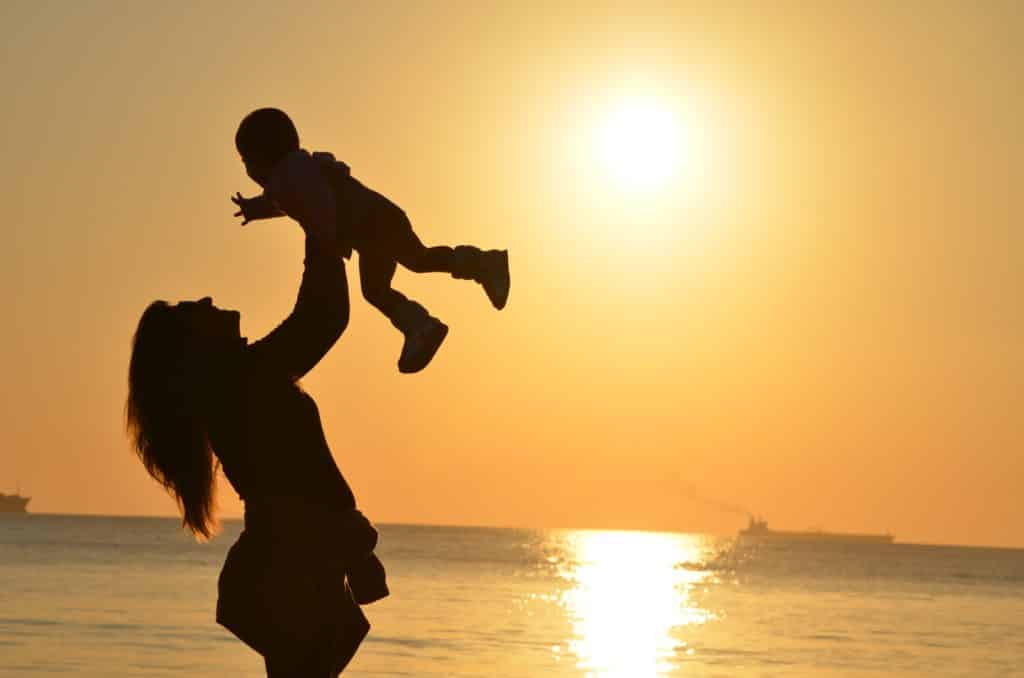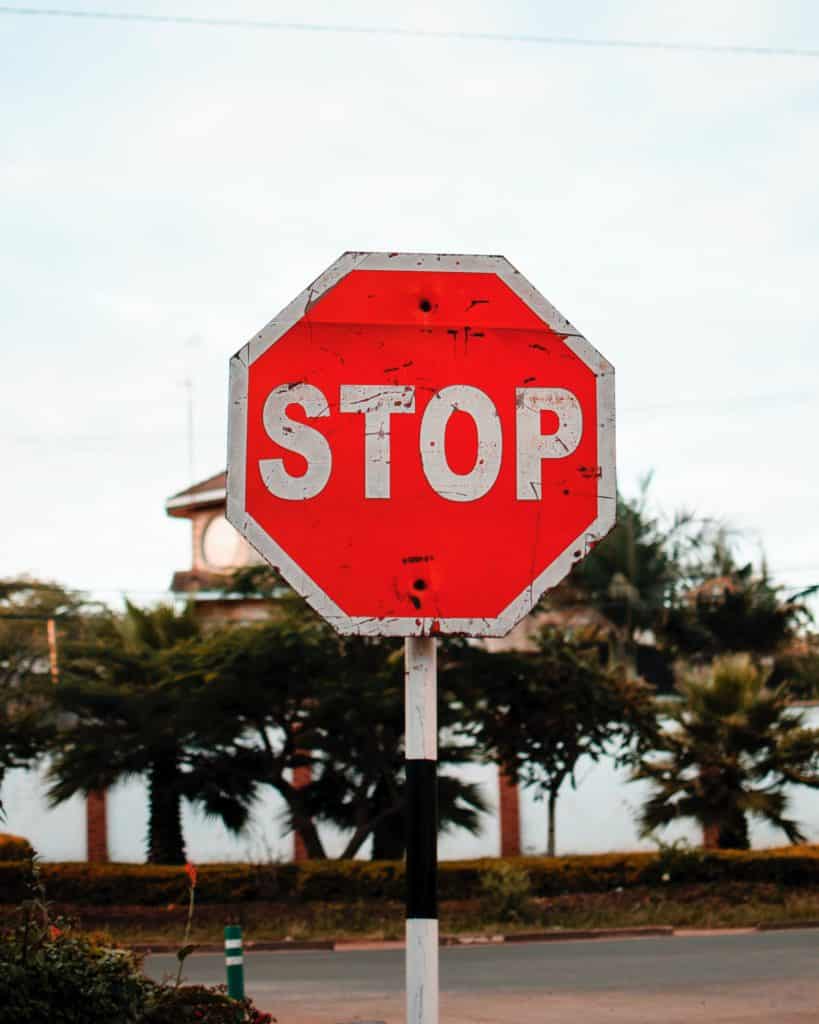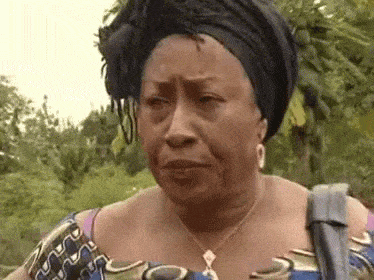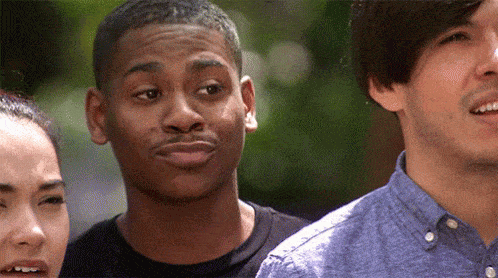Aminat looked at her nine-month old baby and found it hard to believe that he’d never be able to see again. In fact, she couldn’t believe that the few minutes of emotional imbalance she experienced will cause such irreparable damage to her son.
What exactly happened?
Read on to find out.

Of course, Aminat didn’t know the exact time it happened. However, she was certain of one thing; immediately she started noticing the strange symptoms in her son, she rushed him to the hospital.
After a few tests and observation, the doctors concluded that her son experienced Shaken Baby Syndrome.
What Exactly Is This?
Shaken baby syndrome is also known as shaken impact syndrome, abusive head trauma, whiplash shake syndrome, or inflicted head injury. It is a serious brain injury that results from shaking an infant with force. It is common among children less than 2 years.
It’s important to note that this is different from gently playing with your baby by tossing him/her into the air or bouncing him or her on your knee. It is also very unlikely that your baby will get shaken injuries by falling off the chair, minor falls, rough plays or when you suddenly make a stop in the car.
What Causes It?
Babies struggle to support their heavy heads with their weak neck muscles. Shaking a baby forcefully causes his or her brain to move back and forth inside the skull hitting the inner walls of the skull. This results in swelling, bleeding, and bruising.
When a parent, nanny, babysitter or any other person employed to take care of a baby severely shakes the baby due to anger, frustration or any other reason, shaken syndrome can occur.

Risk factors
The following can make a parent or caregiver to forcefully shake a baby:
- Stress
- Depression
- Unrealistic expectations of babies
- Alcohol or drug abuse
- Domestic violence
- Unstable family situations
- A history of mistreatment as a child
- Single or young parenthood
Major Symptoms of Shaken Baby Syndrome
In mild cases of shaken baby syndrome, a child may appear normal after being shaken, but over time he or she may develop health or behavioural problems. The following are the major symptoms of shaken baby syndrome:
- Breathing problems. The impact of the shake on the baby’s head may affect the respiratory centres in the brain leading to breathing problems.
- Poor appetite or feeding problems. Shaken babies usually don’t have appetite for food.
- Pale or bluish skin. When a baby is shaken with force, the impact reduces the oxygen getting to the brain. This low oxygen supply to the brain results in bluish skin or paleness.
- Tremors or shakes. These are rapid, involuntary movements. They can occur if nerves supplying those muscles have been injured.
- A larger than usual head or forehead. This is due to the accumulation of fluid in the head that occur as a result of the shake.
- Different-sized pupils and inability to focus. Blood may accumulate in one eye from the head. This presents with different size of the pupils. The baby may also not be able to focus due to bleeding in the retina.
- Vomiting. The baby may vomit after being shaken due to the impact of the shake.
Are There Other Symptoms?
These are: irritability or fussiness, coma, paralysis, inability to move a part of the body, inability to stay awake, no smiling or talking, inability to focus, seizures and convulsions.

Babies with shaken baby syndrome may also have invisible symptoms which includes:
- Broken ribs or other bones: The bones of babies are fragile and still developing. Hence, any strong force on the bone can break it.
- Spinal cord or neck injury: Since the shake is occurring around the head and neck, it can affect the neck and spinal cord.
- Bleeding in the brain: Babies have delicate blood vessels. Severely shaking the baby can cause the brain to hit the inside of the skull repeatedly. This can bruise the brain leading to bleeding and swelling.
Complications
- Death
- Lifelong medical care conditions such as partial or total blindness, seizure disorders, cerebral palsy etc.
- Learning disabilities
Tips On Prevention
- Parents, nannies, and other caregivers should be educated on the dangers of shaking babies.
- When your baby is crying and can’t be calmed, you may be tempted to do anything just to make the child stop crying. But it is important to treat your child gently. Don’t shake him or her.

- Don’t leave your baby in the care of anyone you don’t trust completely.
- If your baby is always crying, see a paediatrician. There may be an underlying cause to your baby’s persistent cry.
- Seek help if you are finding it hard to manage and control the emotions of parenthood. A counsellor or mental health provider can help.

But wait!
My mother / mother in law has been giving me angst about the fact that I don’t throw my baby in the air after the traditional bath and massage.

Your baby is going to get scared easily when she grows up” she says with a scoff . “Children of nowadays
Says Every Nigerian Grandma

While we would really like to call those grandma’s out on this one. This practice of throwing babies may not cause shaken baby syndrome.
However, there’s the chance that baby can slip and fall… the way it’s usually done so we don’t endorse this practice. Either way, we don’t think it makes kids brave either. Nigerians are still the first to start running at the sign of any danger… real or perceived.
A final note,
It is important to seek immediate medical help if you suspect that your child has been injured by violent shaking. Get fast medical care may save your baby’s life or prevent serious health problems.
If you do this and stick to the preventive tips above, everything will be fine.
REFERENCES
- Muna Al-Saadoon, Ibtisam B. Elnour, and Anuradha Ganesh (2011). “Shaken Baby Syndrome as a Form of Abusive Head Trauma.” Sultan Qaboos University Medical Journal. Accessed from https://www.ncbi.nlm.nih.gov/pmc/articles/PMC3210040/ on 3rd October, 2020.
- Huecker, Joyce T. (2020). “Pediatric Abusive Head Trauma (Shaken Baby Syndrome).” StatPearls Publishing. Accessed from https://www.ncbi.nlm.nih.gov/books/NBK499836/#_NBK499836_pubdet_ on 3rd October, 2020.
- Blumenthal Ivan (2002). “Shaken baby syndrome.” Postgraduate Medical Journal. Accessed from https://pmj.bmj.com/content/78/926/732 on 3rd October, 2020.

